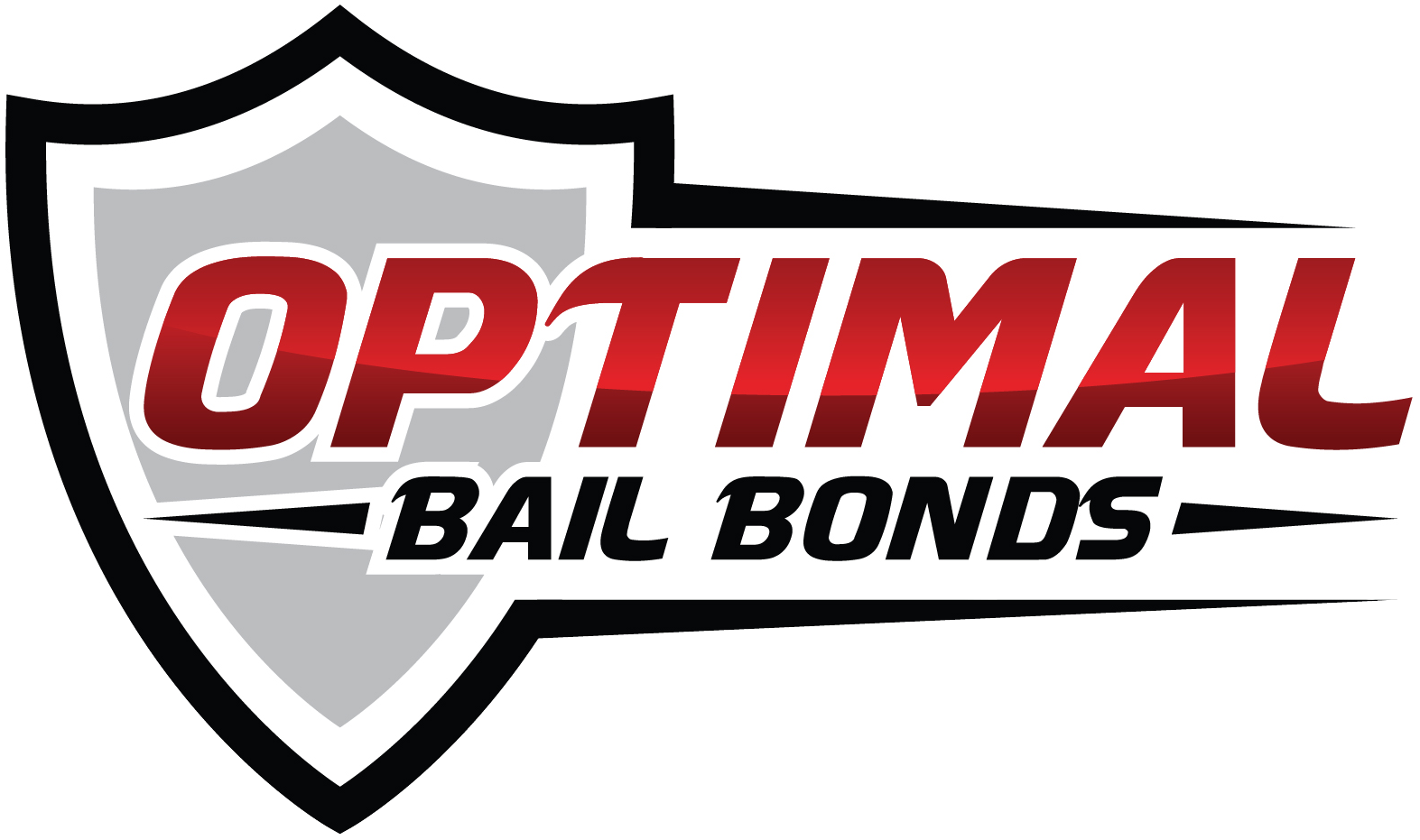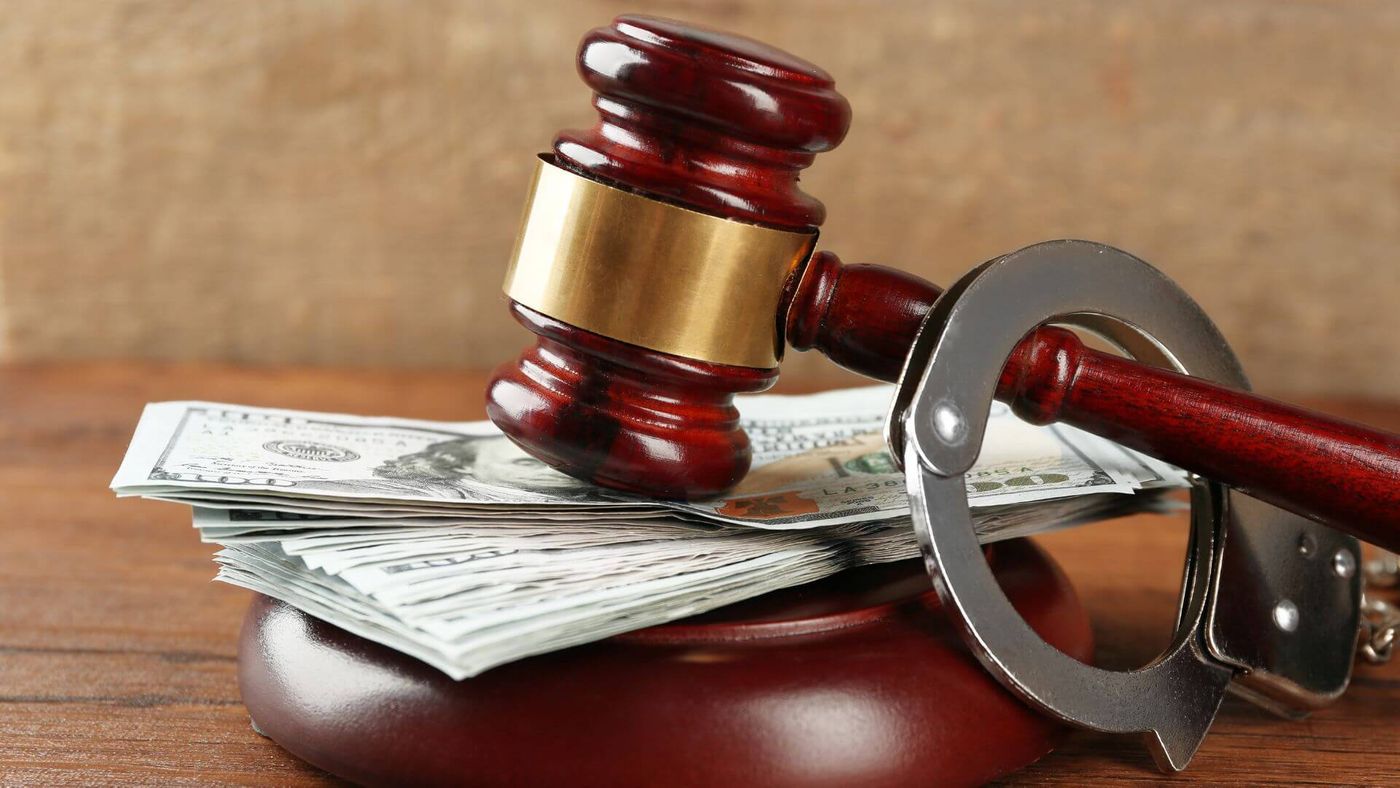Getting arrested and locked up in jail for an alleged crime is a very serious matter. Being accused of a crime can be traumatic for the person getting arrested as well as their family members and friends. After the booking process is over, the arrested person is kept in holding while the judge sets the bail amount, depending on the charges made.
Most people don’t have cash-on-hand to cover the entire bail amount to get their loved one released from jail. This is where bail bond agents come in. A bail bond agent or bail bondsman can help you by funding the bail of your loved one. Before you contact a bail bondsman and ask them for assistance in the matter, you should know a few important things about these agents and the bail process. Continue reading to learn these things in detail.
1. BAIL BOND IS LIKE A LOAN
When you don’t have enough cash-on-hand to buy a home or car, you may go to a bank to get a loan. Similarly, when you don’t have funds to pay the bail amount, you can go to a licensed bail bond agent who may put up the cash to cover the entire bail amount. In return, you’ll pay them a fee, which is typically 10 percent of the bail amount. This is a loan that the bail bondsman agent will get back if the arrestee doesn’t skip any of their court appearances.
If they skip bail by running away after release, the bail will get revoked, and the agent will lose the money they put up for the bail. To protect themselves, a bail bond agent would ask you to sign a contract which states that if the arrestee runs away, you’ll pay back the bail bondsman.
2. A BAIL BOND MAY NOT BE NECESSARY
If you can cover the bail amount yourself, you won’t have to contact a bail bond agent at all. Covering the entire bail amount on your own will save you from paying a fee to the bail bondsman. However, this practice comes with risks.
If you pay a large amount of money to bail out a relative or friend and they don’t show up to their court appearance, you would lose your money. Also, keep in mind that making a large cash payment may get the attention of the court. They may question how you came up with such a large sum of cash. As such, they will start digging into your finances, suspecting that the money was obtained illegally.
3. YOU ACCEPT RESPONSIBILITY FOR YOUR LOVED ONE
This issue arises when you are posting bail for someone close to you. When you bail a relative or friend out of jail by posting their bail – whether on your own or with the help of a bail bondsman – you become an indemnitor. This means that you take responsibility for their actions when they’re on bail. If the accused commits a crime and is arrested again while on bail, you will have to cover the entire amount of the bail. If they flee after being released from jail, you’ll be responsible for their recapture. Moreover, you’ll have to cover the costs incurred by different agencies to arrest them again.
4. BAIL MONEY WILL NOT BE RETURNED UNTIL THE LEGAL PROCEEDINGS ARE OVER
If you want to avoid paying a fee to the bail bond agent and decide to cover the entire bail amount yourself, you won’t get your money back until all the legal proceedings are over. That might take several months as our justice system is far from perfect and has many backlogs. If you need cash to cover the cost of utility bills or a medical emergency, it won’t be available to you. If your loved one doesn’t show up to their court hearing, your money would never be returned.
5. YOU MUST KNOW THE ARRESTEE’S FULL NAME, JAIL LOCATION, BOOKING NUMBER, AND THE TOTAL AMOUNT OF THE BAIL
Before contacting a bail bond agent, you need to gather all the essential information about the arrestee. You must know their full name as the bail bondsman agent will need it for posting bail. Moreover, when your friend or loved one call from jail, ask them the name of the jail and the city where it is located. Also, ask them their full booking number. You should also know the entire bail amount, as you’ll need to provide this information to the bail bond agent when you contact them.
6. YOU MAY NEED TO PROVIDE COLLATERAL
Since a bail bond is like a loan, the bail bondsman may ask you to provide collateral or something that’ll cover for the cost of the bond in the event the defendant flees. If the arrestee attends all their hearings, you’ll get your collateral back. However, if they skip out on bail, your collateral would be fortified and seized to cover the remaining amount of the bail. Below are a few examples of items and properties that may be accepted by the bail bondsman as collateral:
- Bank account
- Jewelry
- Stocks
- Vehicle
- Real estate
7. BAIL BOND FEE ISN’T REFUNDABLE
When you take the assistance of a bail bond agent to post bail of your loved one, you are generally required to pay 10 percent of the total bail amount as a fee to the agent. This fee is non-refundable, and you won’t get it back under any circumstance.
8. YOU MAY GET A BAIL REFUND
A contract that you sign to bail out someone from jail is referred to as the promissory agreement. This agreement acts as financial leverage. If the defendant comes to the trial, you will get your money back. On the other hand, if they don’t show up for their hearings, the court will keep the money.
If a bail bondsman has posted bail, they wouldn’t want to lose their money. As a result, they will hold you responsible for returning their money. They may seize your collateral and use it to get their money back.
9. YOU MAY BE REQUIRED TO SIGN AN INDEMNITY AGREEMENT
In addition to the promissory note, the bail bond agent may ask you to sign on an indemnity agreement. Signing this agreement means that you can’t hold the bail bondsman agent responsible for any loss you incur.
10. YOU CAN’T WORK WITH A BAIL BONDSMAN FOR CASH BONDS
There are different types of bail bonds, including cash bonds, surety bonds, and property bonds, among others. A cash bond means that the accused has to pay the entire amount of their bail in cash to get out of jail. Do note that some courts may accept credit cards. Sometimes, the judge sets the cash bail at a very high amount because they want the arrestee to stay in jail during the trial. This measure is usually taken when the accused is a threat to the public or a flight risk. You can’t work with a bail bondsman for cash bonds.
Surety bonds or bail bonds are often used when the arrestee can’t afford to pay the bail amount set by the judge. A bail bond agent can be used in this case. A relative or friend will contact a bail bondsman who will appear in the court and pledge the entire amount of money in the event the arrestee doesn’t make it to their scheduled court appearance.
The bail bondsman will charge the relatives or friend of the accused a certain fee and may also hold a large personal possession as collateral. If the accused doesn’t appear for their court hearings, there can be severe repercussions. The bail bond agent may hire bounty hunters to track the accused and return them to law enforcers. Moreover, the collateral could be seized and used for covering the money the bail bond agent has lost in bail.
Property bond uses the personal possessions of an individual for bail payment. Usually, this involves expensive items like a house, car, or jewelry, etc. The court places a claim or lien on the property. If the accused skips their court appearances, the court may possess the items and force their owner to fortified ownership to cover the bail amount. Using a property as a way to pay the bail amount can thus be very risky.
11. A BAIL BOND AGENT CAN’T GIVE YOU DISCOUNT
The fee that you pay to a bail bond agent depends on the regulations and statutes of the state. In some states, companies are bound to charge 8 percent of the total bail amount while the allowable fee is set at 10 percent in other states. If a company offers a discount on their fee, they could lose their license. Some bail bond companies advertise low rates and lead people into believing that they are giving a discount. However, in the end, they end up charging the whole 10 percent bail amount. Always inquire about the fees of the bail bond agent before you hire them to post bail for someone.
12. BAIL BONDSMAN WHO SOLICIT BUSINESS FROM JAIL CAN’T BE TRUSTED
State laws prohibit bail bond agents from offering their bail services from jail. However, some agents ignore this law and try to get desperate clients from jails. If a bail bond agent tries to make contact with you at the jail, it’s a sign that they can’t be trusted for their services. If they aren’t following the rules set by the state, there is no guarantee that they will stay true to their words. They could charge you a higher fee, and, as a result, you could end up paying a lot more than you are supposed to.
13. NEVER MAKE THE PAYMENT OVER THE PHONE
You must never pay the fee of a bail bond agent over the phone. Scammers make phone calls and claim that the payment can be made over the phone; they promise that as soon as you make the payment, they will get your loved one out of jail. Some people fall for this gimmick and end up losing their hard-earned dollars at the hands of scammers posing as bail bond agents.
FINAL THOUGHTS
Bail bond agents are very hard-working people who help those who can’t afford to pay the entire bail amount. They are an essential part of the American criminal justice system. While they can certainly help you post bail for your friend or loved one, you shouldn’t contact them unless you know what you are getting yourself into. You should know that when you hire a bail bond agent, you will be required to pay a fee that is non-refundable.
Moreover, you will be required to give a large item – like your home – as collateral. If the accused attends all their scheduled court hearings, you’ll get your collateral back. However, if they flee and don’t show up for their hearings, you could lose your collateral.
Therefore, make sure that the person you are posting bail for can be trusted. If you don’t trust them and think that they would flee from the scene as soon as they get out of jail, it would be better for you not to pay for their bail.

